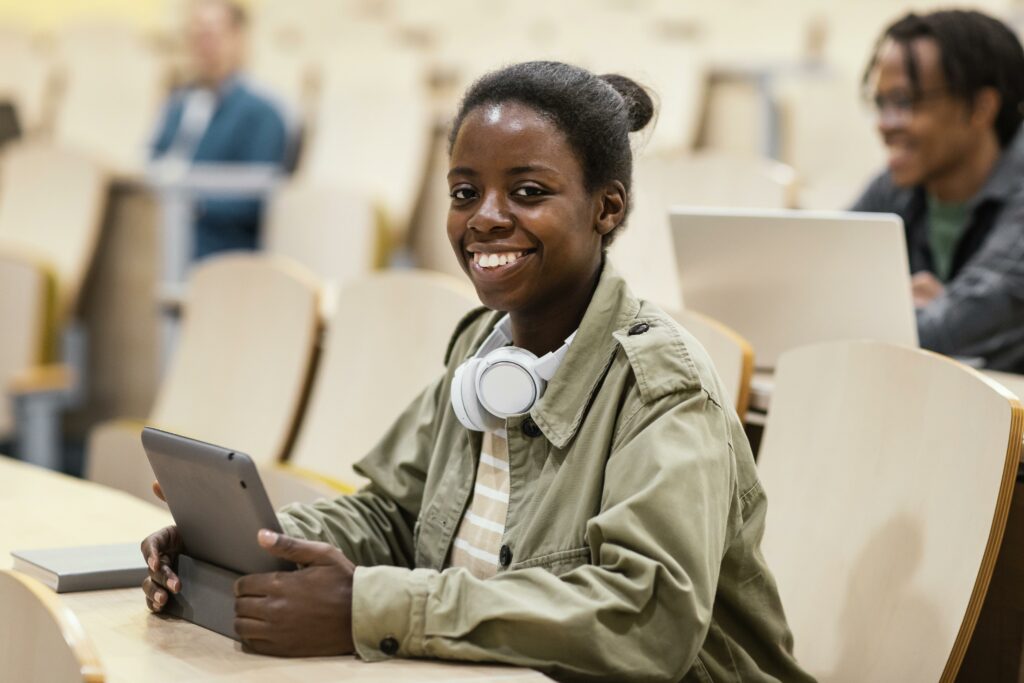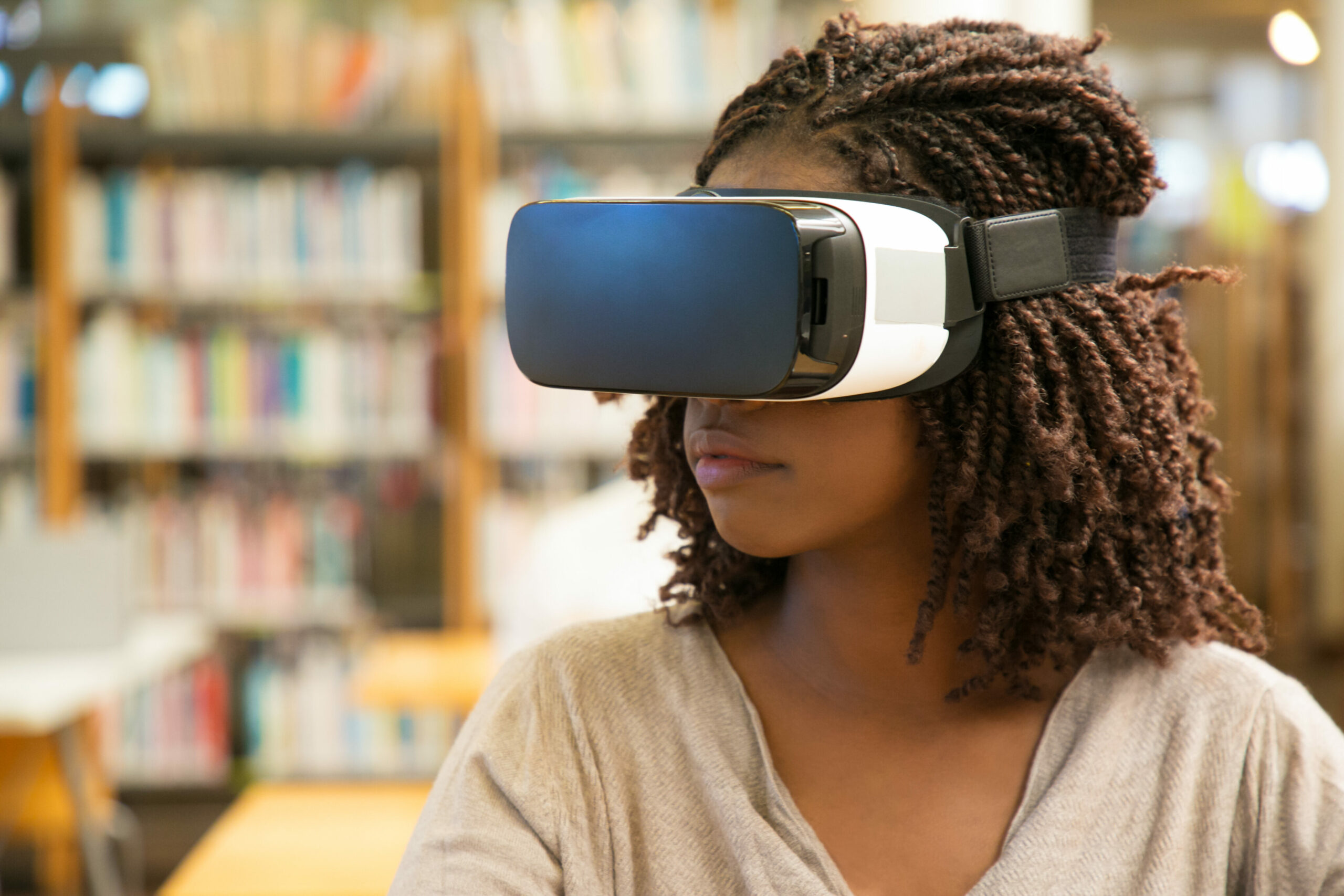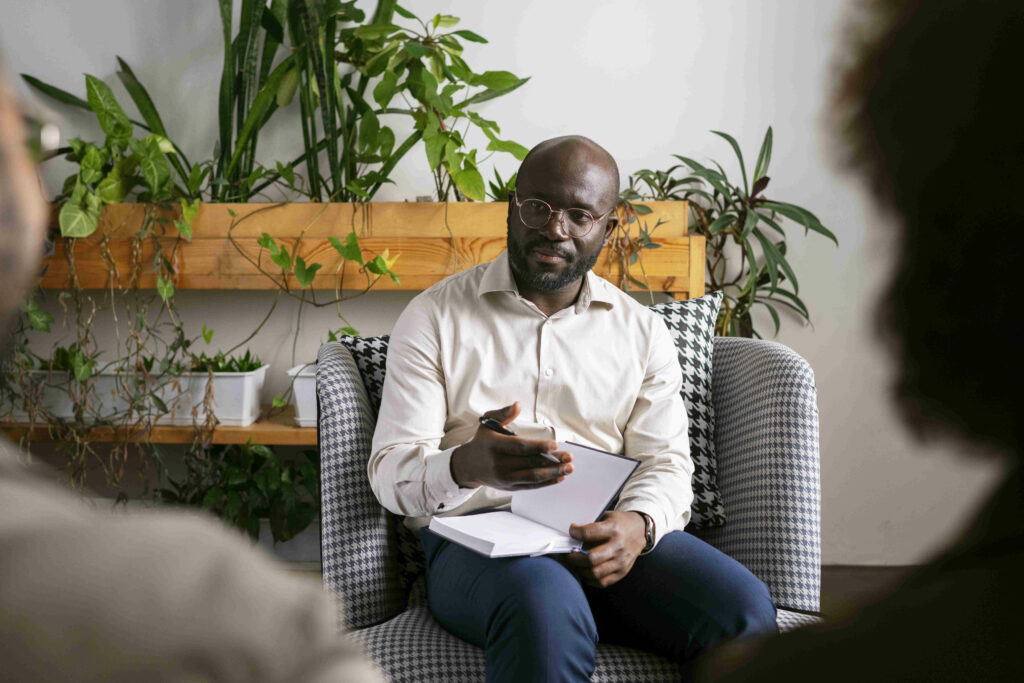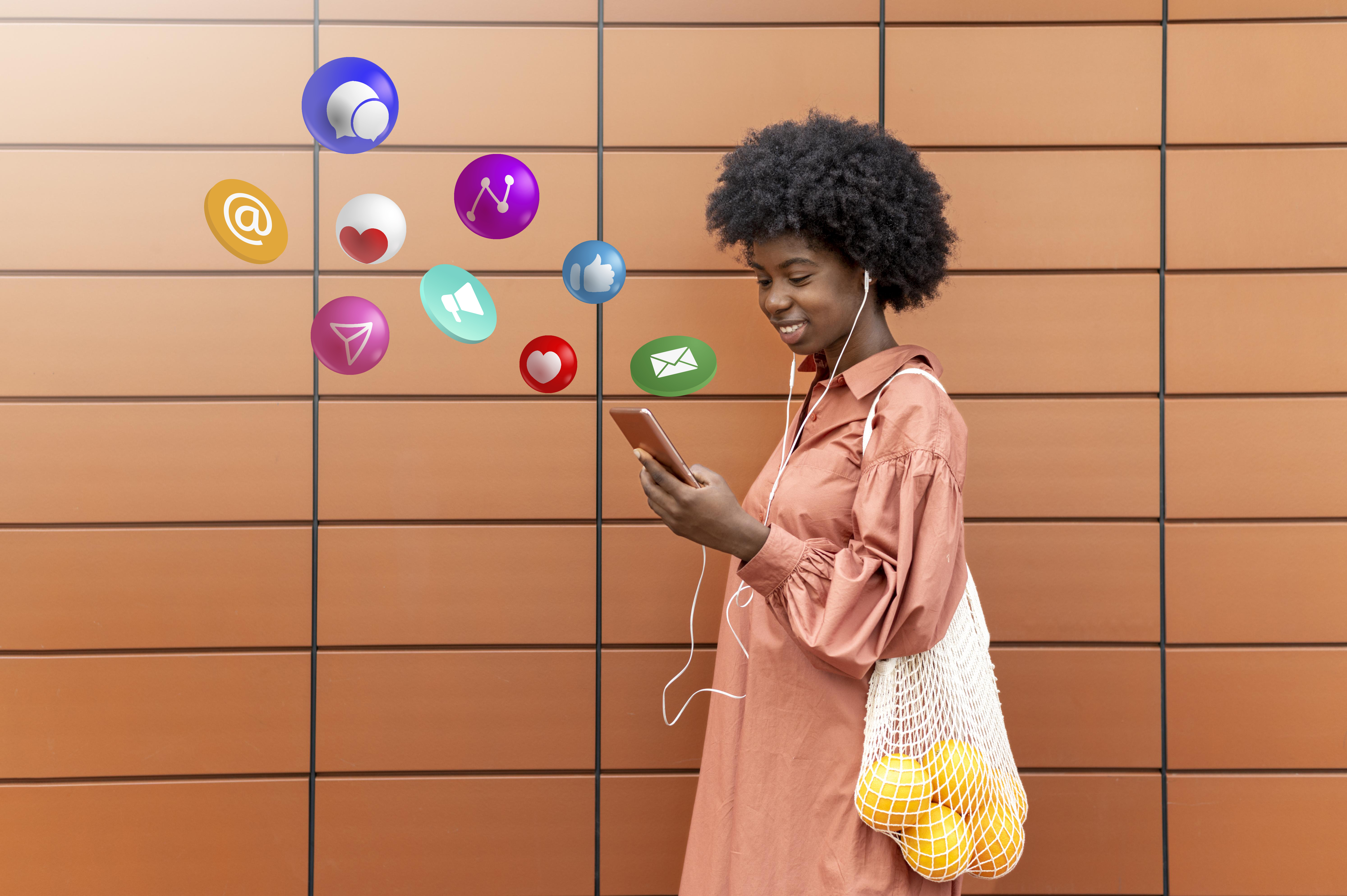
It is 2024, and the future of classrooms in Nigeria is undergoing a remarkable transformation. Suddenly, classrooms are no longer confined to the traditional four walls. Instead, they have become dynamic spaces where innovation, technology, and personalized learning converge to create enriching experiences for students.
In this rapidly evolving landscape, the future of classrooms is becoming adaptable, accessible, and inclusive. Educators are reimagining the way knowledge is imparted and absorbed by leveraging cutting-edge technologies like AR, and VR.
Therefore, it’s essential to understand the exciting trends shaping the way we learn and teach. In this article, we’ll explore five key trends that are revolutionizing classrooms across the country in 2024.
Trend 1: The Rise of the Hybrid Model
In the wake of the coronavirus pandemic, classrooms worldwide faced unprecedented challenges. Schools in Nigeria were no exception, as the need to adapt to remote learning became paramount. The pandemic accelerated a shift that was already underway. This propelled the rise of the hybrid model as a solution to the disruptions caused by COVID-19.
The pandemic forced educators to rethink traditional teaching methods and embrace innovative approaches to ensure continuity in education. The hybrid model emerged as a response to the need for flexibility and adaptability in the face of uncertainty. Schools combine in-person instruction with online learning to maintain educational continuity. This also allowed them to adhere to safety protocols and accommodate students who were unable to attend physical classes.
Besides, access to education in Nigeria has long been hindered by factors such as distance and infrastructure limitations; the hybrid model offered a lifeline. Students in remote areas could now access quality education without the need to travel long distances. Likewise, those grappling with health concerns or other barriers to attendance could participate in classes virtually. As a result, this ensured that no one was left behind.
Finally, the future of classrooms means that the lessons learned from the pandemic will continue to shape our approach to education. The good news is that the hybrid model is not just a temporary fix; it’s a glimpse into a more adaptable, inclusive, and resilient future for education in Nigeria and beyond.

Trend 2: Personalized Learning: Shaping the Future of Classrooms with Gradely
Recognizing the diverse needs and learning styles of students, personalized learning has emerged as a transformative approach to education. At the forefront of this movement in Nigeria is Gradely, the personalized learning app revolutionizing the future of classrooms.
Personalized learning goes beyond the traditional one-size-fits-all approach to education. It tailors instruction to meet each student’s individual needs, interests, and abilities. This empowers them to learn at their own pace and in their own way.
The beauty of Gradely lies in its adaptability and accessibility. Consequently, whether students are learning in the classroom or from the comfort of their homes, Gradely provides a seamless learning experience that can be customized to suit any learning environment. From interactive lessons and quizzes to real-time progress tracking, Gradely empowers both students and teachers to unlock their full potential.
Personalized learning is taking centre stage when it comes to the future of classrooms. It is shaping the way we educate the next generation of leaders, innovators, and change-makers. With Gradely leading the way, the future of education in Nigeria is bright, inclusive, and full of endless possibilities.

Trend 3: Technology: AR, VR, and AI—Transforming the Future of Classrooms
Step into the future of classrooms, where technology is revolutionizing the way we teach and learn. Educators are embracing cutting-edge technologies like Augmented Reality (AR), Virtual Reality (VR), and Artificial Intelligence (AI) to create immersive and interactive learning experiences that transcend the limitations of traditional teaching methods.
AR, VR, and AI are not just buzzwords; they are powerful tools that have the potential to transform education as we know it. Admittedly, the adoption of AR, VR, and AI in classrooms in Nigeria is still in its early stages. However, the potential for impact is enormous. From enhancing STEM education to promoting cultural awareness and empathy, these technologies offer endless possibilities for enriching the learning experience and preparing students for the challenges of the 21st century.
For instance, current trends show the integration of AR, VR, and AI into classrooms will become increasingly prevalent. This will only pave the way for a more dynamic, interactive, and inclusive educational environment. With technology as our guide, the future of education in Nigeria is limited only by our imagination.

Trend 4: Emphasis on Mental Health
In the quest to shape the future of classrooms, there’s a growing recognition that education goes beyond academics; it’s also about nurturing the well-being of students. As a result, there’s a new trend among educators to prioritize mental health in the classroom, recognizing its profound impact on students’ academic success and overall quality of life.
The pressures of academic performance, social expectations, and personal challenges can take a toll on students’ mental health. That’s why stakeholders are taking proactive steps to create supportive environments where students feel seen, heard, and valued. From promoting mindfulness and relaxation techniques to providing access to counselling services and mental health resources, schools in Nigeria are working to destigmatize mental health issues and empower students to seek help when needed.
Surely, the COVID-19 pandemic only underscored the importance of addressing mental health in the classroom. The disruption caused by the pandemic exacerbated feelings of anxiety, isolation, and uncertainty among students, highlighting the need for comprehensive mental health support systems within schools.
By prioritizing mental health in the classroom, educators are not only fostering healthier, happier students but also laying the foundation for academic success. Because, truly, when students feel supported and emotionally secure, they are better able to focus, engage, and thrive in their learning environments.

Trend 5: Equity and Accessibility: Empowering the Future of Classrooms
As we journey towards the future of classrooms in Nigeria, one fundamental principle stands tall: every student deserves equitable opportunities to succeed. Yet, disparities in access to education persist, stemming from factors such as socioeconomic status, geographic location, and physical ability.
In Nigeria, educators are working tirelessly to dismantle barriers to learning, whether it’s by providing scholarships and financial assistance to disadvantaged students, implementing inclusive teaching practices, or ensuring that classrooms are accessible to students with disabilities.
As stakeholders work harder to level the playing field, pursuing equity and accessibility in classrooms will remain a top priority. By fostering a culture of inclusivity and ensuring that every student has the support they need to succeed, we can create a more just and equitable society where opportunity knows no bounds. In Nigeria, the future of education is rooted in fairness, compassion, and a steadfast commitment to empowering every student to reach their full potential.

Conclusion on Trends Shaping the Future of Classrooms in Nigeria 2024
Finally, when we consider trends shaping the future of classrooms in Nigeria in 2024, it’s clear that we stand on the brink of a transformative era in education. The trends we’ve discussed, from the rise of the hybrid model to the emphasis on mental health, equity, and accessibility, represent a paradigm shift in how we approach teaching and learning.
But we cannot shape the future of classrooms alone. It requires a collective effort from parents, educators, policymakers, and technology innovators to realize the full potential of these trends and create a brighter future for our children.
That’s why we invite you to join us on this journey by embracing personalized learning with Gradely. With Gradely, we can take education to new heights, empowering every student to learn, grow, and succeed on their own terms. Together, let’s revolutionize the way we educate the next generation and ensure that every child in Nigeria has the opportunity to thrive in the future of classrooms.
Join us today and be a part of the future of education with Gradely. Together, we can make a difference.
Share Post:
Gloria Elendu
Writer/Educationist
Get our latest articles in your inbox. Sign up for email alerts.


